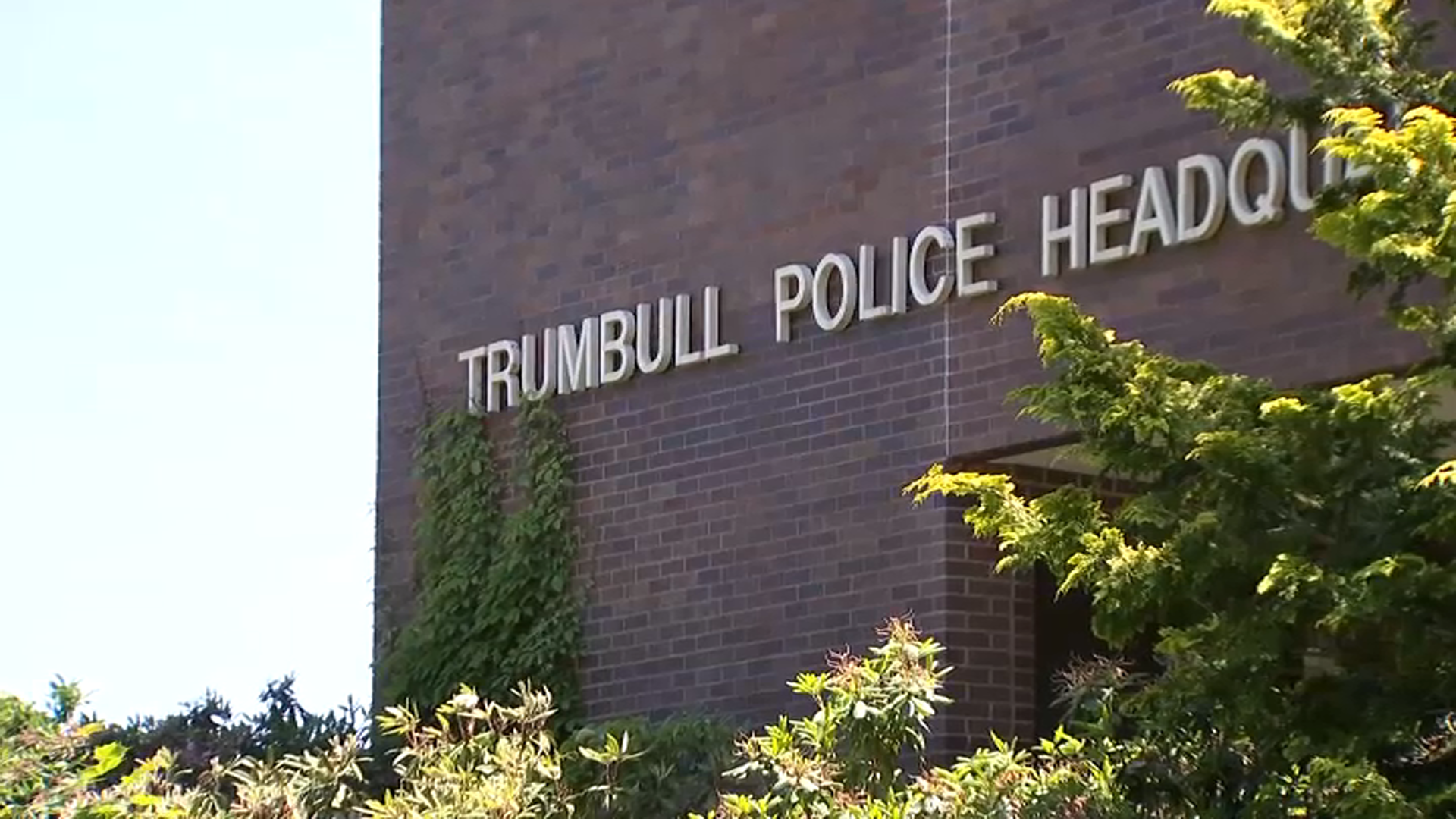For the first time in decades, the state of Connecticut saw sales and income taxes increase 5% and help wipe out part of the state’s budget deficit. Does that mean there’s a tax cut on the horizon?
“Connecticut’s economic recovery is happening faster than many other states,” Rep. Sean Scanlon of Guilford said.
Scanlon, a Democrat who co-chairs the Finance Committee, said budget analysts agreed last week that Connecticut went from having an $854 million budget deficit to a surplus of $70 million.
“It means people have confidence. Their spending is up. Their interest in participating in the economy is up and we have good signs to come of what’s happening in Connecticut,” Scanlon said.
But Connecticut isn’t out of the fiscal woods just yet. The two-year budget Gov. Ned Lamont is preparing to release in February will have to close a $1 billion projected deficit per year.
“I believe the number of the $1 billion deficit will come down even further," Scanlon said
“We’re in a position to actually offer tax relief to working and middle class families in Connecticut and for the first time in a long time I’m hoping my party talks about cuts instead of raises,” Scanlon said.
Local
Scanlon is proposing a state-based child tax credit.
House Minority Leader Vincent Candelora, a Republican, said there are still problems with the state budget that an increase in sales and income tax revenues did not fix, such as the deficit in the special transportation fund.
“The issues that are going to remain are for instance, the issues with our transportation funds,” Candelora said.
But he warned the state needs to figure out why revenues are doing well because the federal stimulus and unemployment may create a false sense of fiscal stability.
“I think it’s great for this year that we’re seeing the deficit wiped out because we have enough on our plate to deal with but I do think in future years it is a little bit more volatile,” Candelora said.
The economics of a global pandemic have made fiscal forecasting difficult.
“I think going forward as we’re looking at balancing this budget we need to be cognizant of the fact that some industries have been impacted adversely and we need to pay attention to how to help them,” Candelora said.



